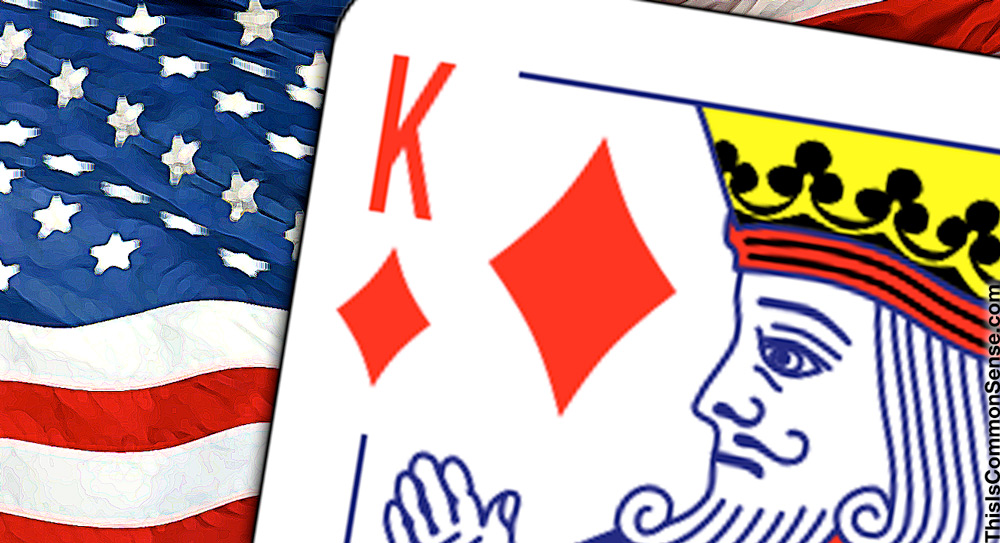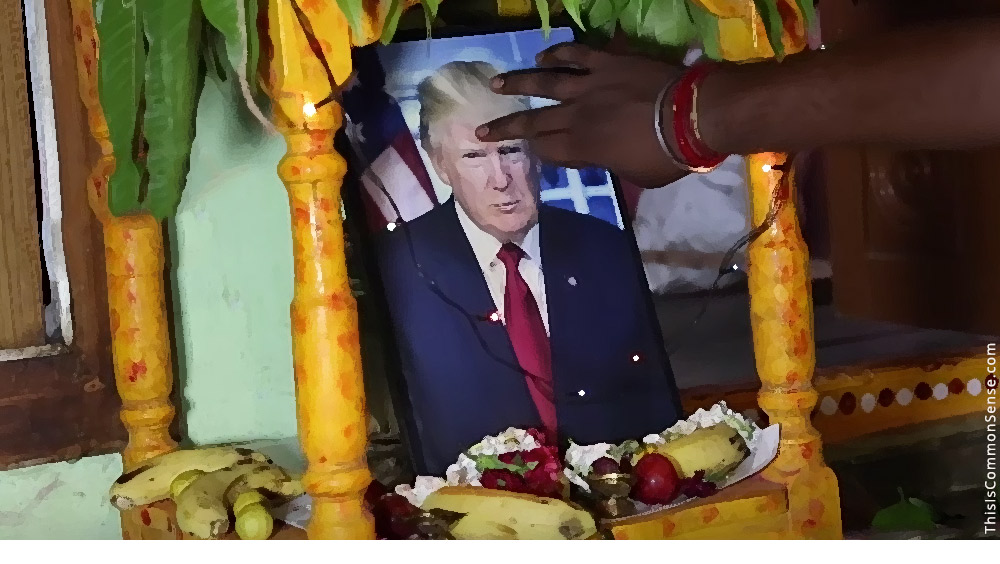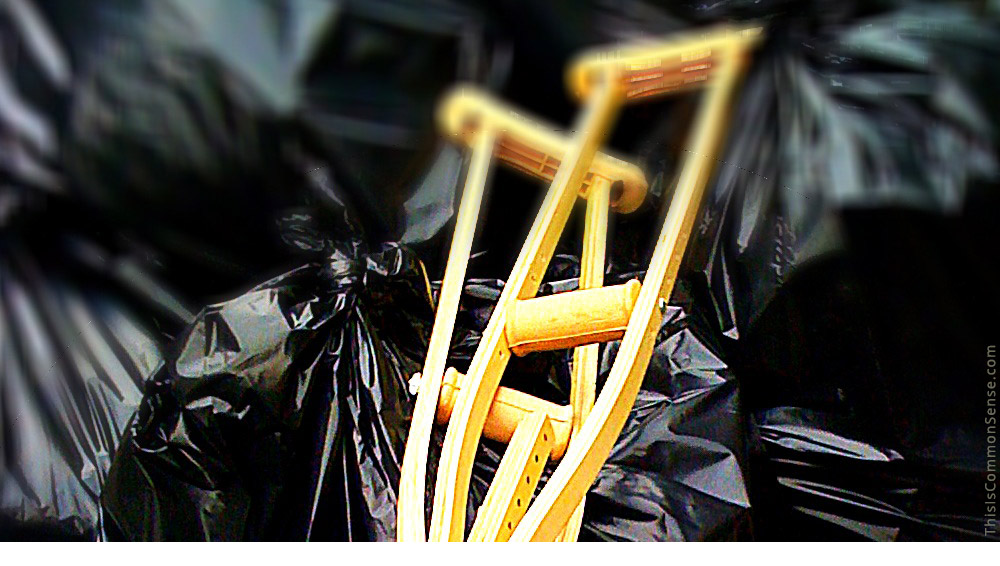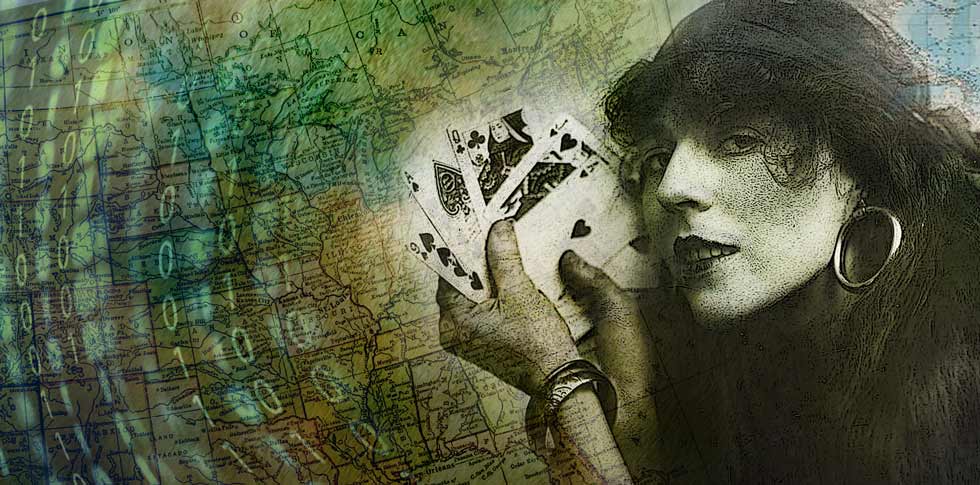Politics today reveals a troubling dialectic.
Thesis: President Trump boasts that he is going to unilaterally “do something” as if he were Emperor, not President.
Antithesis: Then comes pushback from political opponents and the media, castigating our current commander-in-chief for imagining himself a lawless dictator.
Synthesis: This is soon followed, however, by the discovery that the president does have such awesome power.
Legally.
In our constitutional system, can a president can just wake up one day and slap tariffs on imports? Well, numbskulls in Congress passed a law handing the president that specific power.
When President Trump declared an emergency to re-direct money, appropriated by Congress for different purposes, toward building the Wall, many argued that the president cannot usurp Congress’s undisputed power of the purse. True, but irrelevant. Congress had indeed delegated all these undefined and largely unchecked “emergency” powers to the prez.
Last week, as the trade war with China was coming to a boil, Mr. Trump tweeted, “Our great American companies are hereby ordered to immediately start looking for an alternative to China, including bringing … your companies HOME and making your products in the USA.”*
I thought, “Does Trump really think he has the legal authority to order all U.S. businesses to leave China?”
Yes … and apparently he does. It’s called The International Emergency Economic Powers Act.
“One of the enduring phenomena of the Trump era,” University of Texas law professor Stephen Vladeck told CNN, “is going to be the list of statutes that give far too much power to the President, but that many didn’t used to worry about — assuming there’d be political safeguards.”
Or that “the right person” would always be in office.
This is Common Sense. I’m Paul Jacob.
* Note that Mr. Trump did not order the companies to leave, but did assert his “absolute right” to do so.

See all recent commentary
(simplified and organized)
See recent popular posts






